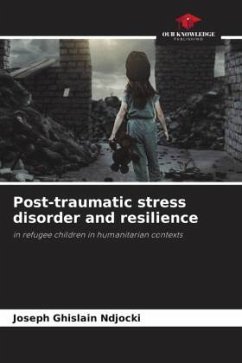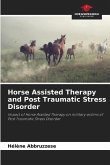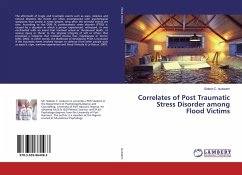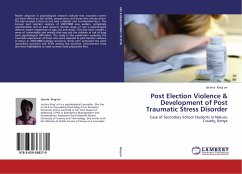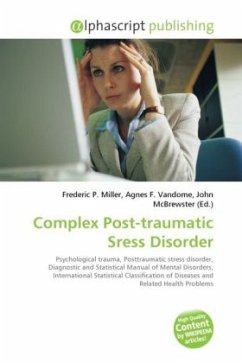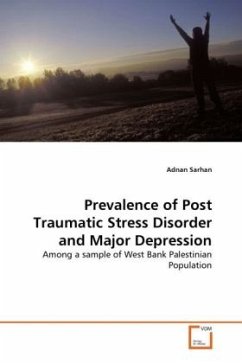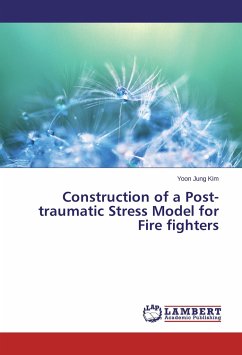This book presents the synthesis of a study conducted with four Central African refugee children from the Timagolo settlement (East Cameroon). While recovery from trauma involves regaining some control over oneself and one's life, it also involves, more significantly, a change in status: from victim to survivor. There are three stages in a trauma recovery process: 1) denial, 2) acceptance and 3) integration. These last two phases are equivalent to the concept of transition to survivor status. From this, we place particular emphasis on the effectiveness of psychosocial interventions in treating trauma and building resilience in refugee children. Therefore, if we consider certain provisions of psychosocial interventions in humanitarian contexts (problem-focused, emotion-focused or social support) neutralize the negative effects of PTSD in traumatized children and thus promote their resilience for inclusion.
Bitte wählen Sie Ihr Anliegen aus.
Rechnungen
Retourenschein anfordern
Bestellstatus
Storno

